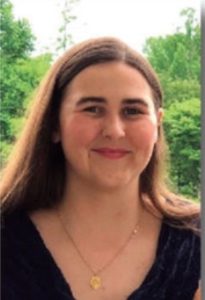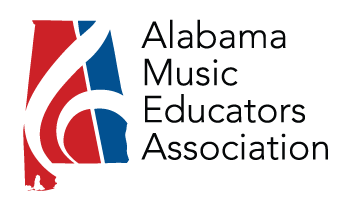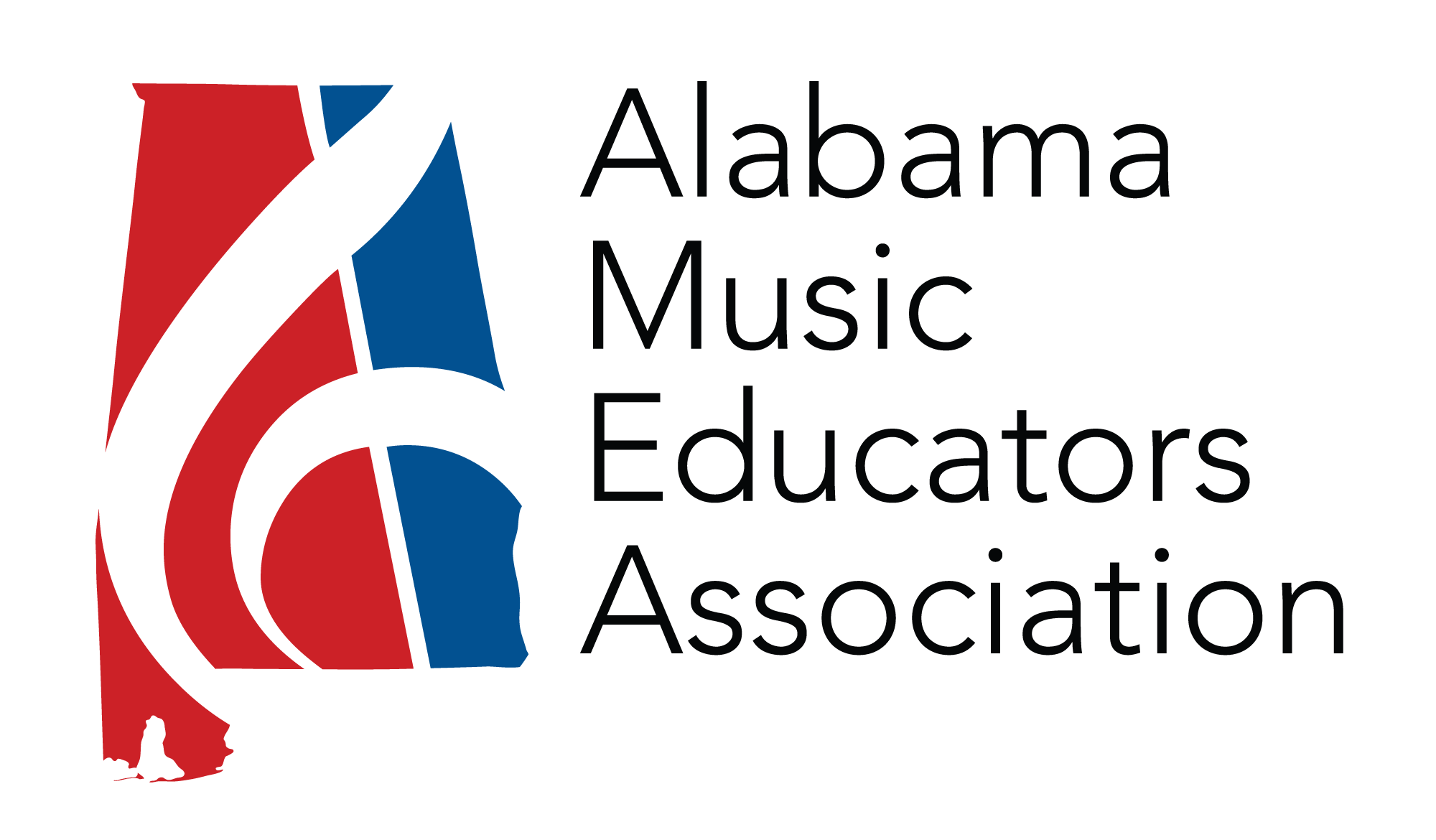 For the Collegiate Division we present a guest contribution from Isabella Page, cNAfME Secretary. We hope you enjoy reading her thoughts.
For the Collegiate Division we present a guest contribution from Isabella Page, cNAfME Secretary. We hope you enjoy reading her thoughts.
DeLee Benton, cNAfME President
 Advocating for Music Education and Connecting with Peers From Across the Country by Isabella Page.
Advocating for Music Education and Connecting with Peers From Across the Country by Isabella Page.
One of the most prominent threats to music education is the supposed lack of support from the federal government and our own education systems. In several schools, especially those underfunded or understaffed, the arts—visual art, theater, music, and more—are the first to be reduced or cut. So, how can current and future music educators do more to understand the legislative jargon that allocates the funds for music and the arts? How can we use this knowledge to better advance our programs and support our students?
The National Advocacy Summit in Washington D.C., an annual event sponsored by NAfME, is a great force for change in this area. This unique event allows collegiate members of NAfME from all over the country to congregate in Washington D.C. and interact with legislators and their staffs involved in education and funding legislation. The collegiate members attended several valuable seminars, such as the State Level Advocacy Panel, Leader Development and Public Speaking, and more. They also attended Hill Day, which involved several meetings with legislators and their staffs to learn about the behind-the- scenes decision-making involved in allocating funds to the education department.
The state of Alabama sent three representatives—Sarah Chambless, from the University of Alabama, and Chase Hampton and Sara Slusher, from the University of North Alabama. Chambless shared some of her personal experiences with the legislators and their staff, commenting, “I gained knowledge about legislation that could one day impact my career. I also learned how to advocate for music and the importance of doing so.”
Hampton comments that, had he not attended the Summit, he may have blamed insufficient funding or lacking support “on the apathy of a faceless group of people.” Instead, he realizes that “there are many groups of people making demands on our legislators, and some had not thought much about music education before we came. It will be a task for the upcoming generation of music educators to…create an ongoing dialogue with members of Congress. For me, it became less about what ‘they’ should be doing and more about what I can do.
Hampton’s realization is a viewpoint that we as collegiate members have a special obligation to explore. It is very easy to blame the government for hardships within the education system, especially as a future music educator—there never seems to be enough money for your dream program, and there never seems to be enough support from the legislators who make those decisions. Instead, we must explore our options—what can we do with the funding we have? How can we recruit members of the community to support our cause? How can we serve our students and our communities to the best of our abilities? How can we create a dialogue with our congressmen and women—or, perhaps more importantly, our own school officials?
All of the above questions have a very simple solution: we must all be well-versed in the tricky rhetoric of effective advocacy. There are endless online resources, countless seminars—college students have so many resources that become more difficult to access once we graduate, so we must be proactive.
Within your own chapter, discuss the necessity of advocacy, and raise funds to bring in a speaker or send representatives to a seminar. Better yet, explore the possibility of having one or more members apply to next years’ Summit, or fundraise to send one of your members independently.
The next challenge we often face is this: once we know how to advocate, what can we use? There is extensive and conclusive evidence to support the necessity of music and the arts in children’s overall development; NAfME has a wonderful list outlining several advantages of music to a child’s development (see https://nafme.org/20-important-benefits-of-music-in-our-schools/). These and other resources are essential to any advocate—craft your pitch, research conclusive and documented studies to prove your argument, and advocate for your school’s program to the best of your ability.
This Summit and the Summits from the past have all done an excellent job in exposing collegiate members to the inner workings of the legislation surrounding music education’s funding, as well as equipping members with the tools and courage to advocate for their programs and pass on their knowledge to their chapters and peers. There is, however, another wonderful opportunity, perhaps even more valuable than the others.
Both Chambless and Hampton agreed that, aside from the knowledge gained in advocacy and legislation, the most rewarding experience of the Summit was getting to connect with their peers from across the country. This one-of-a-kind experience allowed members from all over the nation to meet one other and swap information and ideas, all in an effort to better their own cNAfME chapters and educate their peers with the information gained. Collegiate members exchanged future plans and ideas for several key issues in statewide cNAfME chapters, including fundraising, member involvement, and participation in local schools.
Collegiate members are a powerful part of NAfME’s presence around the country—while we are still young, we have the unique opportunity to witness change within our own schools, which in turn allows us to implement those changes in our own chapters and carry the knowledge into our future jobs. We have the resources and ability to contribute to our own chapters in outreach and service, bettering our communities—we then use that knowledge and experience to nurture our programs and further our careers, all the while continuing to use our greatest resource: each other.
“While it may seem as though legislators hold most of the power,” Hampton admits, “I do not think any amount of lobbying will affect our field as much as the teachers entering.”
For more information about the National Advocacy Summit and the legislative processes involved in program funding, visit https://nafme.org/advocacy/nafme-collegiate-advocacy-summit/ and https://nafme.org/advocacy/ESSA/.


